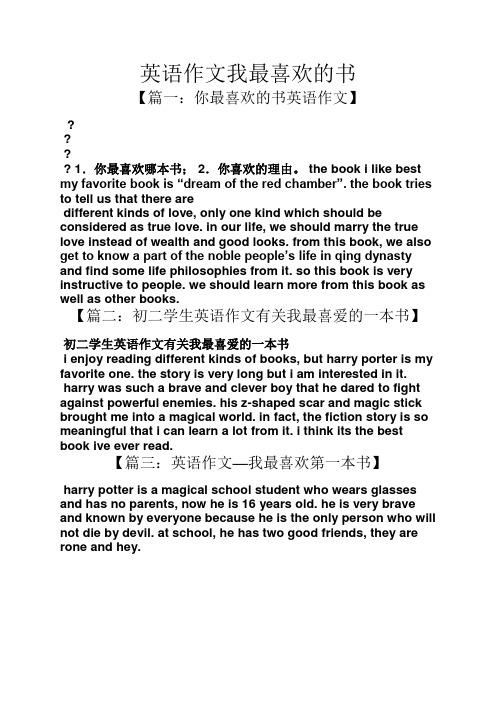Translating "You are my favorite" into English
When expressing "你是我的最爱" in English, there are a few ways to convey the sentiment, depending on the context and the relationship between the speaker and the listener.
1. "You are my favorite"
This direct translation captures the essence of the original phrase. It's simple, straightforward, and commonly used in English.
2. "You are my favorite person"
If the context implies that the speaker is referring to a person, adding "person" clarifies the meaning.
3. "You are my favorite (noun)"

Depending on the context, you can replace "(noun)" with something specific, such as "You are my favorite friend," "You are my favorite singer," or "You are my favorite teacher." This variation specifies what aspect of the person or thing is the favorite.
4. "You are the one I love the most"
If the intent is to express deep affection or romantic love, this translation might be more appropriate. It emphasizes the sentiment of love rather than preference.
5. "You are the one I cherish"
This translation conveys a sense of deep value and appreciation, similar to "You are my favorite," but with a slightly different nuance.
In conclusion, the translation of "你是我的最爱" into English depends on the specific context and the relationship dynamics involved. Whether it's a simple expression of preference or a declaration of deep affection, there are various ways to convey the sentiment effectively in English.











